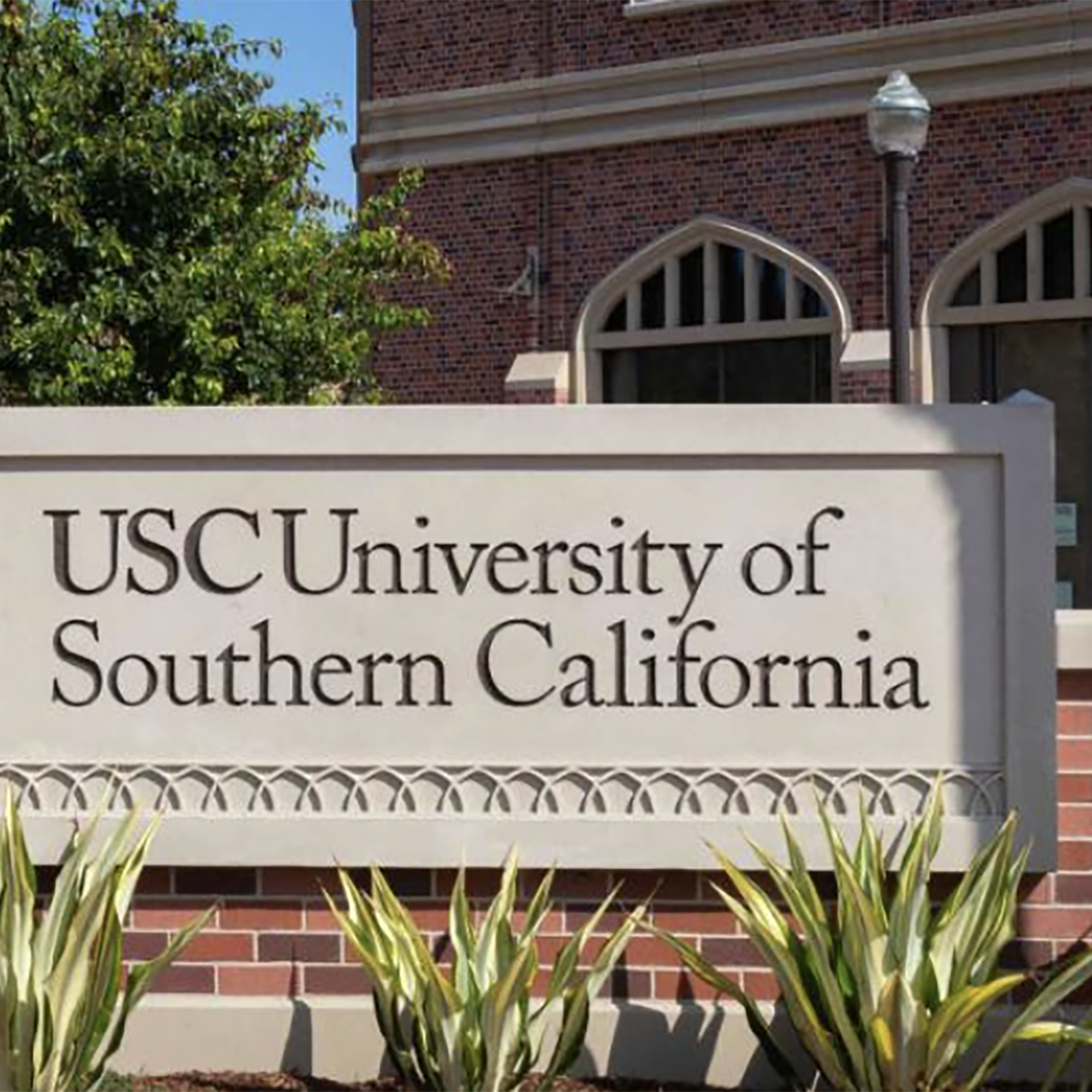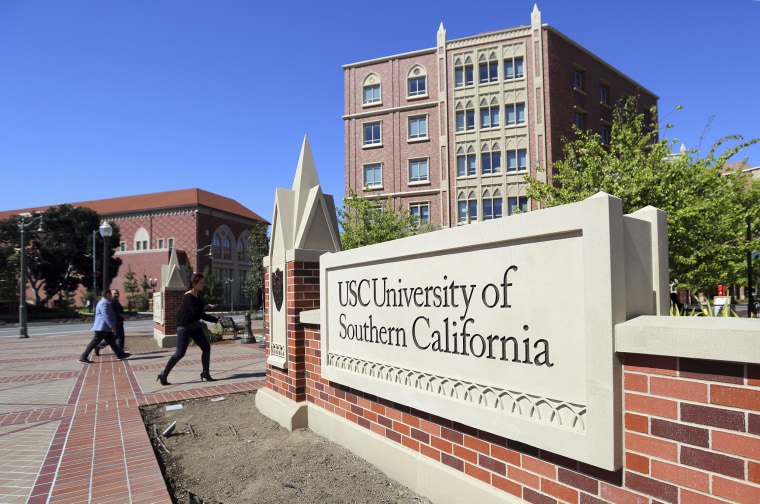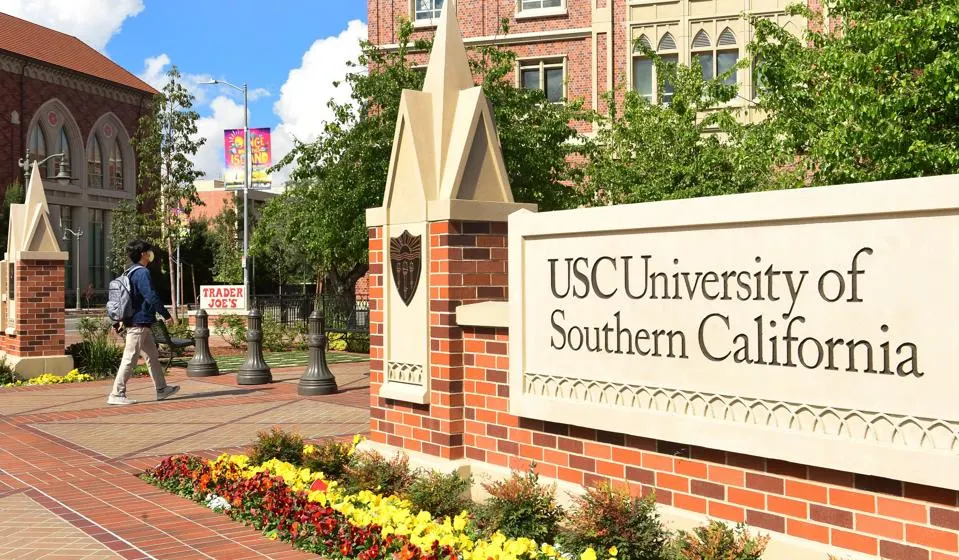In the serene corridors of academia, where the pursuit of knowledge and the honing of young minds are paramount, a storm sometimes brews, casting long shadows over the lofty ideals of higher education. The University of Southern California (USC), a prestigious institution known for its academic excellence and vibrant community, was at the center of such a storm. This article delves into the details of the C.W. Park lawsuit, unraveling the layers of this complex case and its implications for the academic community and beyond.
Background of the Case
C.W. Park, a name synonymous with marketing scholarship and academic leadership, has been a distinguished figure in the academic world. His contributions to consumer psychology and marketing strategies have garnered respect and admiration. However, the serenity of Park’s illustrious career faced turbulence when allegations surfaced, leading to legal battles that would not only affect him personally but also stain the reputation of USC.
The lawsuit, emerging from the halls of USC’s Marshall School of Business, where Park served in various capacities, including roles of significant influence, brought to light allegations that demanded immediate attention and action from all stakeholders involved. It was not merely a personal ordeal for Park but a moment of reckoning for the institution that had long prided itself on its ethical standards and commitment to creating a safe and conducive learning environment.

The Allegations Unveiled
At the heart of the lawsuit were allegations of misconduct that, if proven true, would undermine the foundations of trust and integrity that bind the academic community. While kept secret in this overview, the allegations’ specifics raised serious questions about power dynamics within educational settings, the responsibilities of those in authority, and the mechanisms in place to protect the vulnerable and uphold justice.
The response to the allegations and the lawsuit was multifaceted, involving internal investigations, legal battles, and a public relations crisis that USC had to navigate with utmost care. The implications were far-reaching, affecting those directly involved and casting a shadow over the institution’s policies, oversight mechanisms, and culture.
The Impact on USC and Beyond
The C.W. Park lawsuit served as a critical juncture for USC, prompting introspection and a reevaluation of its practices and policies. Like many others, the institution found itself at a crossroads, facing the dual challenge of addressing the immediate concerns raised by the lawsuit and implementing long-term reforms to prevent future occurrences.
This case also reignited conversations within the broader academic community about creating environments where power is not abused and transparency and accountability are ideals and practiced realities. It underscored the necessity of robust mechanisms for reporting and addressing misconduct allegations, ensuring that victims are heard and justice is served.

Looking Forward: Lessons Learned and the Path Ahead
The C.W. Park lawsuit, while a challenging episode for USC and all parties involved, also offers valuable lessons. It highlights the need for ongoing vigilance, continuous improvement of policies, and fostering a culture where ethical conduct is the norm and deviations are promptly and effectively addressed.
For USC, the path ahead involves the resolution of this particular case and a commitment to reinforcing its values through concrete actions. It is an opportunity for the institution to lead by example, demonstrating that even in times of crisis, integrity and a commitment to the well-being of its community can guide the way forward.
For the academic community, the lawsuit is a reminder of the importance of maintaining an environment where learning and personal development can occur free from fear and exploitation. It is a call to action for institutions worldwide to examine their cultures, policies, and practices, ensuring they are conducive to the highest ethical standards.
Conclusion
The C.W. Park USC lawsuit, with its complexities and implications, serves as a poignant reminder of the challenges facing the world of academia. It sheds light on the need for vigilance, integrity, and the unwavering pursuit of justice. As the case unfolds and eventually concludes, it will undoubtedly leave behind a legacy of lessons learned and changes implemented, contributing to a stronger, more resilient academic community. The shockwaves of this revelation are felt far beyond the confines of USC, prompting a collective reflection on the values we uphold and the future we envision for higher education.



